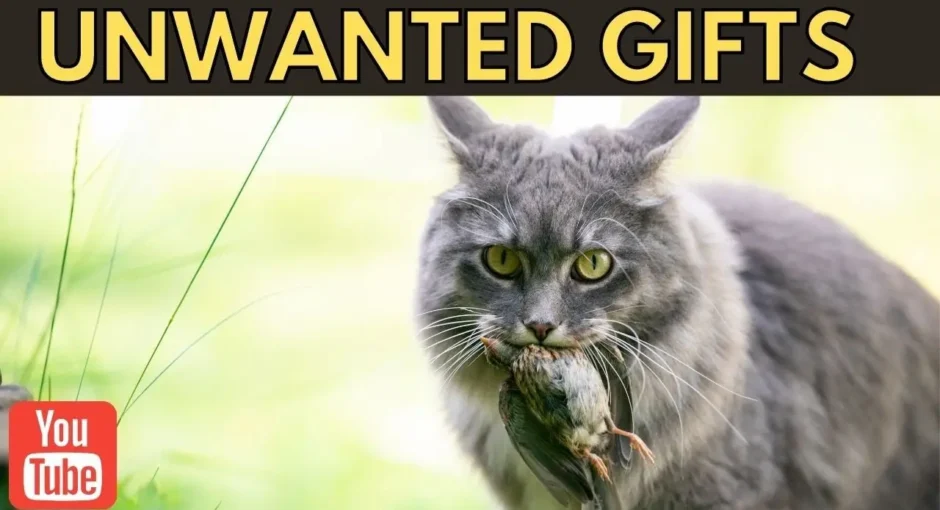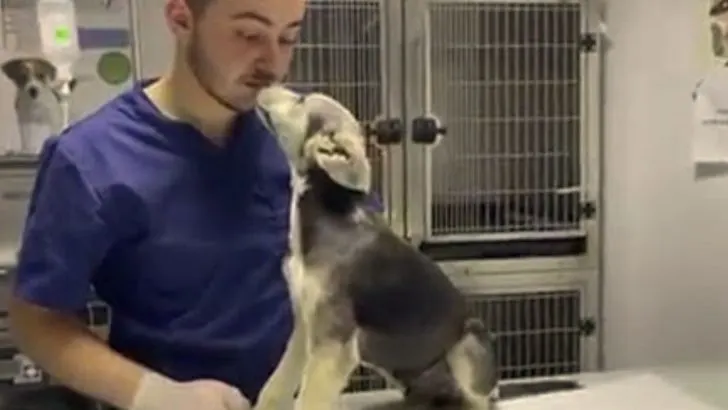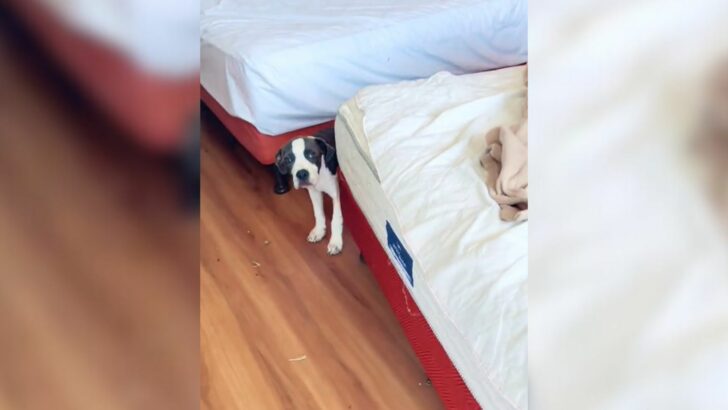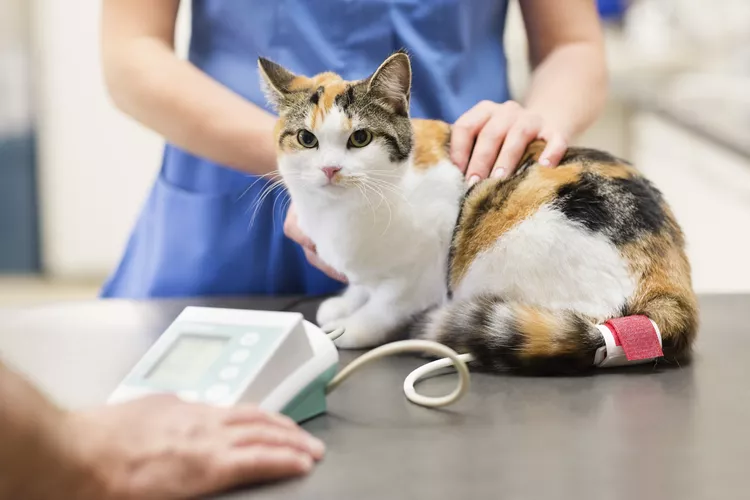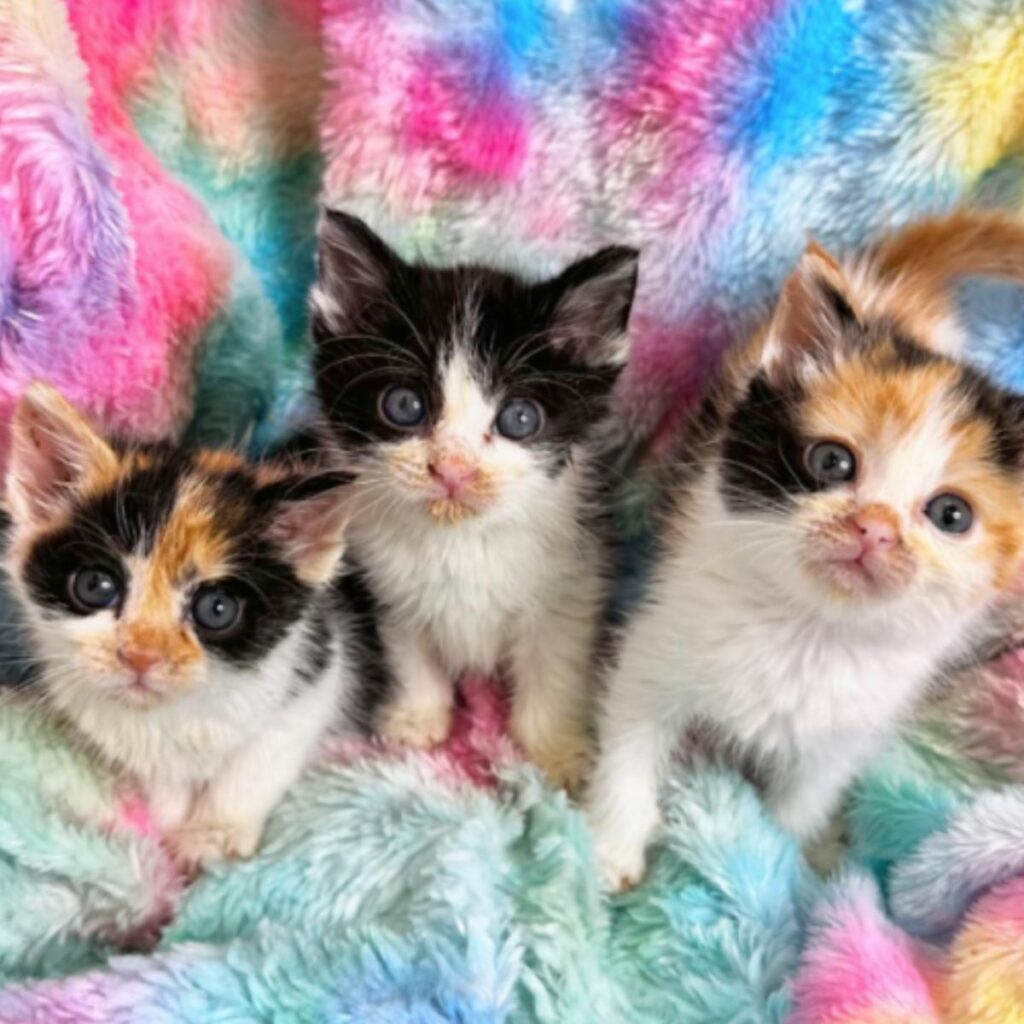Ever found an unexpected “gift” from your cat on the doorstep?
As unsettling as it might be, this behavior has deep-rooted instincts behind it.
Cats are natural-born hunters, and bringing home a dead animal satisfies their prey drive.
But there’s more to it than just hunting.
Cats may also bring you these morbid presents as a form of bonding or seeking attention.
They might even be trying to reinforce their territory.
Understanding why they do this can help you manage and appreciate this quirky aspect of their nature.
Let’s jump into five science-backed reasons for this behavior and offer tips on how to handle it effectively.
Why Cats Bring Dead Animals Home
Ever wondered why your cat drops a dead mouse at your feet?
There are several reasons behind this behavior, and understanding them can help you better manage it.
Demonstrating Their Hunting Skills
Cats are natural-born hunters.
This instinct is hardwired into their DNA.
By bringing home prey, they’re showcasing their hunting prowess.
It’s like they’re saying, “Look what I caught!”
Even if your cat doesn’t need to hunt for food, this behavior remains a deeply ingrained instinct.
Teaching And Bonding Activities
When cats bring back dead animals, they might be trying to teach their kittens or even you about hunting.
In the wild, mother cats often bring back prey for their young ones to practice on.
So, if your cat presents you with a “gift,” it could be their way of teaching you something important in their world.
Seeking Attention And Approval
Sometimes, cats bring dead animals home because they’re seeking attention or approval from their owners.
They may see you as part of their social group and want to show affection by sharing their catch.
So next time your kitty brings a critter inside, consider it a compliment (even if it’s not exactly welcome).
Marking Their Territory
Cats are territorial creatures.
Bringing home dead animals can be a way for them to mark their territory and warn off other intruders or competitors.
By leaving evidence of predation around your house, they send signals that this area is claimed by an effective hunter.
Understanding these behaviors helps you appreciate your cat‘s actions more clearly and manage them better.
Each reason reflects different aspects of their natural instincts and social behaviors.
How To React When Your Cat Brings Home A Dead Animal
Whether it’s a gift of gratitude or just their wild instincts kicking in, when your cat brings home a dead animal, knowing how to react is crucial. Here’s what you need to do:
Staying Calm And Appreciative
First things first, stay calm.
Freaking out will only confuse or scare your cat. Over the years, I’ve seen cats react negatively to punishment. Instead, acknowledge their effort.
They’re not trying to disgust you; they’re acting on age-old instincts.
For example, my own tabby once dropped a beautiful blue jay at my feet.
I thanked him gently before moving on to clean up the mess.
Proper Disposal Of The Dead Animal
Disposing of the animal safely is essential.
You don’t want any diseases spreading around your house. Use gloves or plastic bags over your hands to pick up the carcass.
This helps avoid direct contact with potential pathogens.
If it’s a rodent like a mouse or rat—both common examples you’ve probably encountered—double-bag it and toss it into an outdoor garbage bin immediately.
CDC guidelines support this method for safe disposal.
Got a bird? Some birds can carry avian flu.
For these cases, contacting your state health department for guidance might be wise.
Clean And Disinfect The Affected Area
After removal, cleaning and disinfecting where the animal was found becomes paramount.
Cats often drop their prey in areas they consider safe like bathtubs or dining room floors—common spots based on my experiences.
Use pet-safe cleaning products to scrub and disinfect thoroughly.
This keeps your spaces hygienic without exposing pets to harmful chemicals.
Summarizing, reacting appropriately when your cat brings home prey protects both you and your catwhile maintaining harmony in your household ecosystem.
Preventative Measures And Alternatives
Ever wondered why your cat drags home those “gifts”? Don’t worry, I’ve got you covered with some effective strategies to curb this behavior.
Indoor Enrichment Activities
Indoor enrichment activities play a crucial role in keeping your cat mentally stimulated.
Place cat trees by windows so they can watch the outside world.
Introduce interactive toys like feather wands or laser pointers which mimic prey.
Even simple games such as hide-and-seek with treats can keep them entertained for hours. Engaged cats are less likely to feel the need to hunt.
Secure Outdoor Enclosures
Secure outdoor enclosures, often called “catios,” provide a safe environment for your cat to enjoy the outdoors without bringing home any unwanted surprises.
These enclosures allow cats to explore and exercise while protecting wildlife from their hunting instincts.
Building a DIY enclosure isn’t too hard, or you could buy one online—either way, it’s a win-win for you and the local critters.
Bell Collars And Other Deterrents
Bell collars reduce your cat‘s ability to sneak up on prey by making noise as they move.
An alternative that’s gaining popularity is colorful collars designed specifically to be visible to birds, known as BirdBeSafe collars.
Studies show these can decrease bird captures significantly.
Also, avoid letting your cat out during dawn and dusk when small animals are most active. High bird feeders also help keep potential prey out of reach.
Conclusion
Understanding why cats bring home dead animals helps us appreciate their natural instincts and behaviors.
While it can be unsettling it’s essential to respond calmly and thoughtfully.
By providing indoor enrichment secure outdoor spaces or using deterrents like bell collars we can curb this behavior and protect local wildlife.
These strategies ensure our cats remain engaged without compromising the harmony of our homes.
